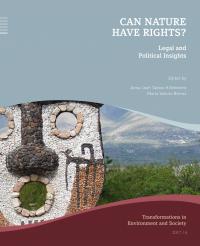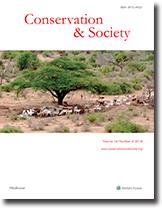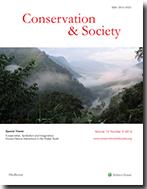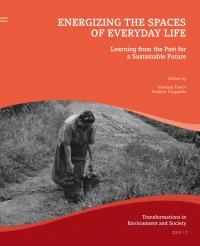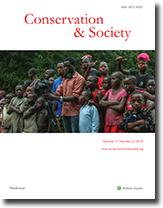"Green Colonialism and Forest Policies in South India, 1800-1900"
This article looks at the history of colonial forest policies in South India to argue that initially British destroyed most the accessible forests and used desiccationist fears to justify the colonial state’s monopolistic control over the forests.




